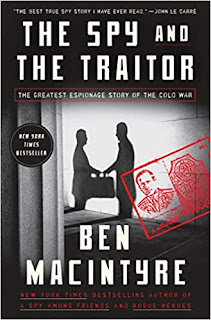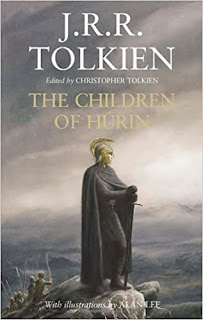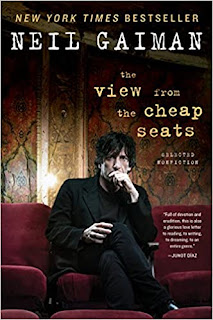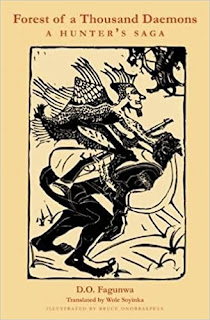Summerbook #9: The Uncommercial Traveller

The Uncommercial Traveller, by Charles Dickens This is one of my oldest TBRs! It's been sitting around forever. These are essays published over years in Dickens' magazine, All the Year Round . His conceit is that instead of being a commercial traveller (a traveling salesman), he's an UNcommercial traveller, always wandering around looking for a story. So these are portraits of situations or places, mostly in London but sometimes elsewhere. Dickens starts off with a bang, being present at the aftermath of a tragic shipwreck off the coast of Wales, and chronicling the tremendous care and work the locals give to the situation. Then it's off to an assortment of places -- a tour of the Wapping workhouse, the lead-mills, or the gigantic dockyards, interviews with mistreated English soldiers or destitute families looking for work. He explores a Stepney school for pauper children, of which he highly approves because they're so well cared-for. He rants ...











